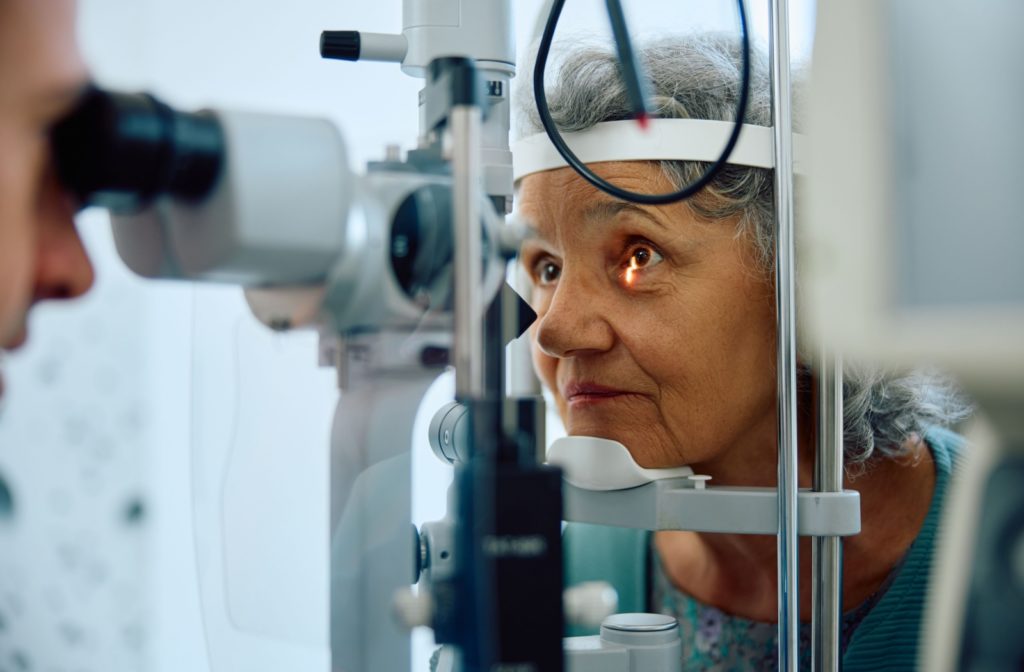All Categories
Featured
Table of Contents

Regular eye evaluations are essential for keeping good vision and identifying potential eye health concerns early. Nevertheless, the frequency of these exams can vary substantially based upon a person's age, lifestyle, and general wellness. Comprehending the suggested timetable for eye exams can aid make certain that individuals of every ages obtain ideal treatment and surveillance for their eye wellness.
Infants and Toddlers (0-2 Years)
For babies and young children, eye examinations are crucial for spotting any prospective vision troubles beforehand. The American Academy of Ophthalmology recommends that a child's very first eye test ought to take place at around six months old. Throughout this preliminary browse through, the eye care expert will assess the youngster's visual growth and check for any kind of apparent eye concerns.Following this very first examination, it is advised that youngsters have one more eye test at age 3. This browse through will concentrate on evaluating the child's general visual function, consisting of eye alignment and the ability to track things. If no problems are found, the next examination ought to be scheduled before the youngster starts institution, normally around age 5 or six.
School-Aged Youngsters (6-18 Years)
Normal eye tests should be arranged every one to two years as soon as youngsters reach college age. Vision is critical for learning and development, and numerous schools conduct vision screenings. These testings do not replace a thorough eye examination by an eye care expert.For kids associated with activities or sports requiring substantial aesthetic emphasis, annual eye examinations might be recommended. In addition, if a youngster displays signs of vision troubles-- such as difficulty reviewing, squinting, or regular headaches-- a visit to the eye physician must be arranged asap.
Young Grownups (19-39 Years)
Youthful grownups normally have less vision changes than older age groups, yet normal eye exams stay necessary. The basic suggestion is to set up an eye test every 2 years during this period. Nonetheless, people with certain danger aspects-- such as a family members history of eye condition, diabetes mellitus, or those that wear call lenses-- ought to take into consideration annual eye exams.Furthermore, those that spend considerable time on electronic tools might experience digital eye stress. If signs such as dryness, exhaustion, or blurred vision take place, it may be smart to see an eye care professional faster.
Adults (40-64 Years)
As individuals enter center age, the chance of developing vision issues boosts. Grownups aged 40 to 64 should schedule eye tests every one to 2 years. This age group might start to experience presbyopia, an all-natural age-related problem that makes it challenging to concentrate on close items. Eye examinations can also aid detect other common age-related problems such as glaucoma, cataracts, and macular degeneration.If individuals in this age group have danger variables such as hypertension or diabetic issues, they might require even more constant assessments to check their eye wellness very closely.
Senior Citizens (65 Years and Older)
For seniors, routine eye exams become a lot more important. The American Optometric Organization advises that people aged 65 and older have an eye examination a minimum of yearly. Older grownups are at a greater danger for different eye conditions, including cataracts, glaucoma, and age-related macular degeneration. Early discovery and therapy of these problems can protect against vision loss and enhance the lifestyle.Final thought.
Understanding the ideal timetable for eye exams based on age is crucial for preserving optimal eye health and wellness throughout life. From infants to elders, normal eye examinations play a vital role in discovering issues early and making certain that vision remains sharp. By sticking to these standards and consulting with an eye care specialist, individuals can take proactive steps toward preserving their vision and general health and wellness. Whether it's a kid's first check out or an elderly's annual check-up, prioritizing eye care is a financial investment in lifelong wellness.Latest Posts
Appreciate the Taste of the Week with Daily Specials at Yesterday's Tavern
Published May 15, 25
1 min read
Savor the Tastes of The other day's Pub
Published May 06, 25
1 min read
Relax with the most effective Delighted Hour in Town at Yesterday's Tavern
Published May 04, 25
1 min read